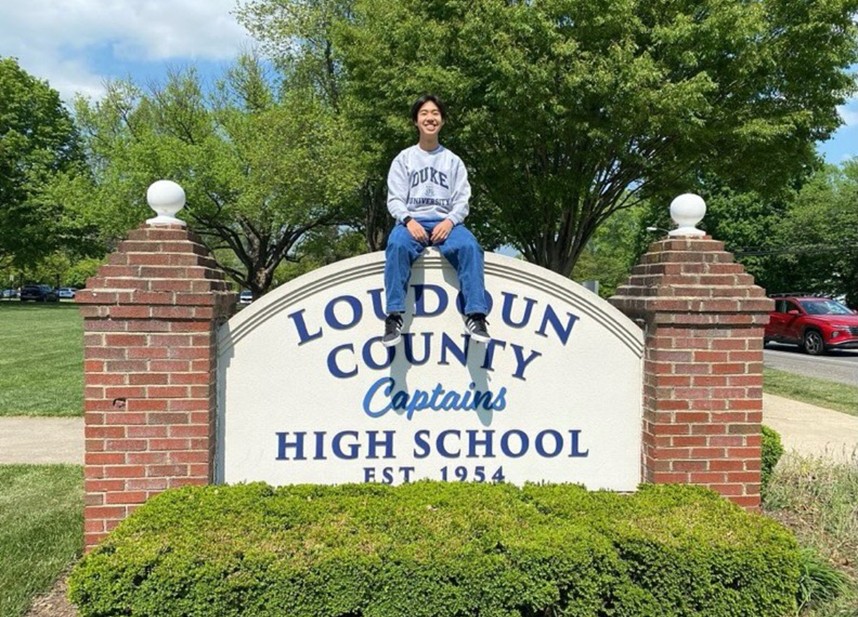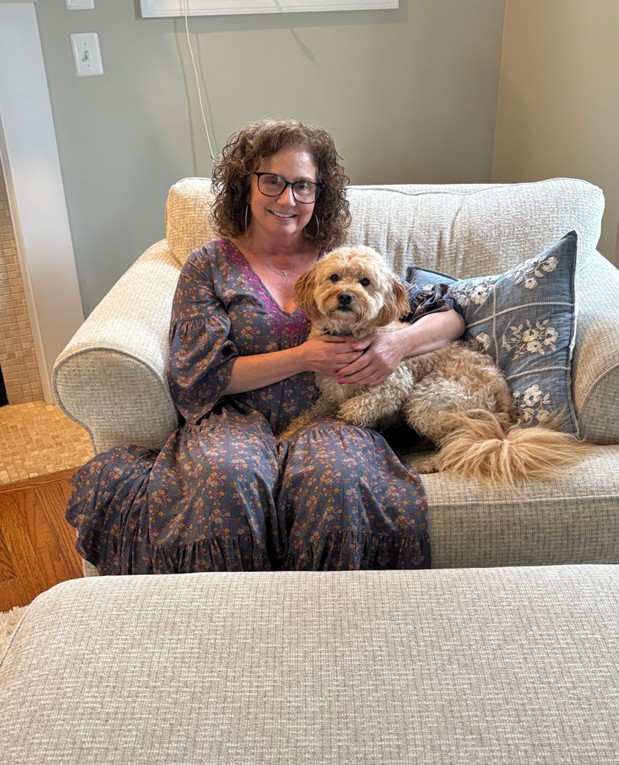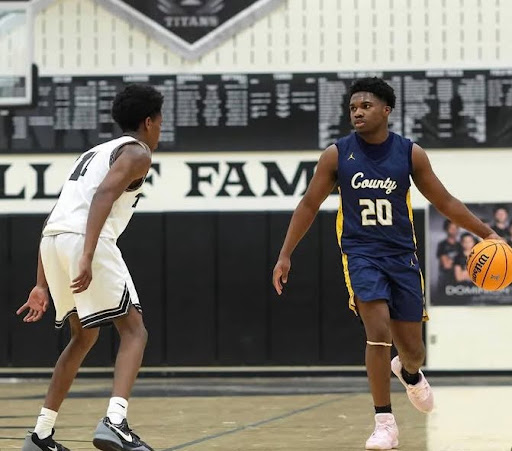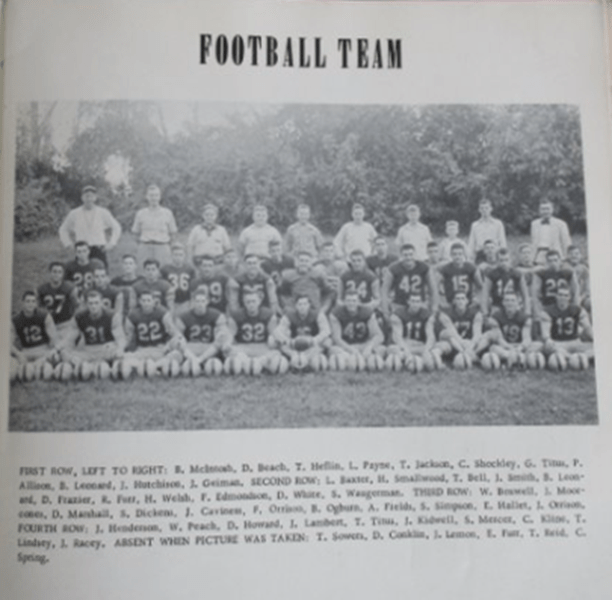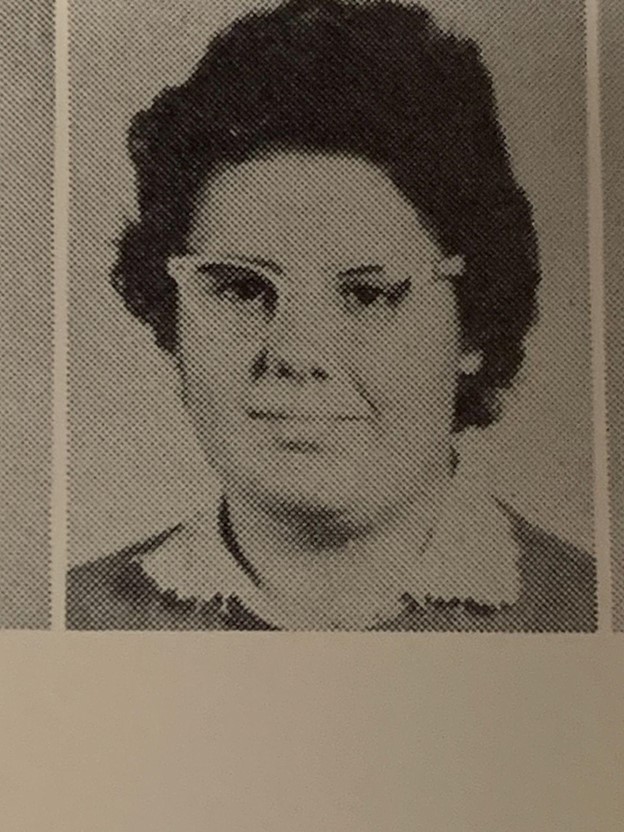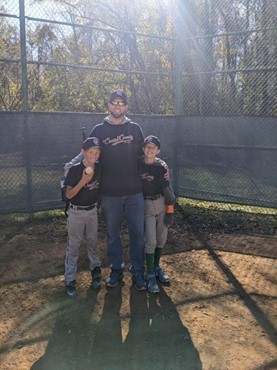For the sake of our humanity, stop glorifying serial killers
Did you watch “Monster: the Jeffery Dahmer story?” If you did, you’re a terrible person.
The general public has always had a fascination with serial killers. Monsters like Ted Bundy, Harold Shipman, and John Wayne Gacy have been a point of focus of TV shows, movies, podcasts, and more.
According to Dr. Scott Bonn, the fascination of serial killers comes because their actions can’t be comprehended, but yet we feel compelled to understand them. This makes killers seem mysterious to the public, and many seek to find the answer to the question, “How could someone do this to an innocent person?”
So, the public likes to play detective and dive deep into the minds of murderers and cannibalists. It’s understandable, to some extent, why one would be interested in such a topic.
However, how far does this obsession go before it becomes toxic?
On September 21, Netflix released “Monster: the Jeffrey Dahmer Story.”
Never mind the fact that his sickening story has already been portrayed in the following films: “The Secret Life: Jeffrey Dahmer” (1993), “Dahmer” (2002), “Raising Jeffrey Dahmer” (2006), “The Jeffrey Dahmer Files” (2012), “My Friend Dahmer” (2017), “Dahmer on Dahmer: A Killer Speaks” (2021), and “Conversations with a Killer: The Jeffrey Dahmer Tapes” (2022).
The directors said that “Monster: the Jeffrey Dahmer Story,” would be different. It would tell the story of Dahmer’s victims. It’s ironic how the families of the victims had not been notified about the show in advance.
In the article “Jeffrey Dahmer Victim’s Cousin Says Netflix’s ‘Monster’ Is ‘Retraumatizing’ Family: ‘For What?’” published by People, Anna Lazarus Caplan details how the film is “retraumatizing” the families of the victims.
“I’m not telling anyone what to watch, I know true crime media is huge rn [right now], but if you’re actually curious about the victims, my family (the Isbell’s) are pissed about this show,” Eric Perry, a cousin of Errol Lindsey, posted on Twitter on September 22. “It’s retraumatizing over and over again, and for what? How many movies/shows/documentaries do we need?”
Errol Lindsey was one of Dahmer’s seventeen victims that he raped, tortured, killed, and then ate in Wisconson.
Rita Isbell, Lindsey’s sister, was bothered by the show, noting in a first-person essay in Insider that seeing herself portrayed on screen made it feel like she was “reliving it all over again. It brought back all the emotions I was feeling back then.”
Perry later tweeted that his family was not notified about the project, writing, “My family found out when everyone else did.” Isbell confirmed that Netflix “didn’t ask me anything. They just did it.”
So of course the new film is paying the utmost respect to the victims by not notifying their family members or even asking to use their stories.
We’ll say it again: It’s disgusting.
But that’s not where this ends.
Social media has a huge role in romanticizing and glorifying killers such as Dahmer, a movement most recently led by Tik Tok in addition to TV shows.
For example, @sadisticallysam, with 366.1K followers, cosplayed as Dahmer and posted a video of creating a makeup look to go for “I’ll eat your heart out vibes.”
Next, @the_manii with 19.6M followers posted a video reacting to a scene from “Monster: the Jeffrey Dahmer Story,” which featured a shirtless Dahmer with Taylor Swift’s song “Wildest Dreams” in an attempt to sexualize the character of Dahmer in order to evoke reciprocal feelings.
On one of @strawberygvlaxies posts, @the_mannii commented “How am I supposed to hate Jeffery Dahmer if Evan Peters is making him so attractive.”
@makingatruecrimerer responded to a comment on one of his posts that said “HE [Dahmer] WAS NOT TARGETING ANYONE!! I’m tired of this debate!! The people he killed were people he cared for and liked.”
Tik Tok is also full of memes about Dahmer.
@itz_chunky with 118.0K followers made a post showing Dahmer’s mugshot, saying how they “Didn’t realize Dahmer was 6 foot,” and then followed up with an edited picture of Dahmer playing basketball with the words “bro was catching the wrong bodies.”
Can some of the memes be jokes? Of course. In fact, there are several used to patronize Dahmer. We also noted a huge group of people who call out those who post videos and edits romanticizing and glorifying killers.
However, the role of social media was the original cause of the problem, and the startling number of followers and views shows just how many people are watching these videos.
The “Centre For Crime and Justice Studies,” a United Kingdom publication, studied the cultural and historical context of serial killing. “The Social Study of Serial Killers” states serial killing is statistically rare, but regardless is a “cultural phenomena” that is best understood as a media event.
This also means that many citizens are familiar with the dynamics of serial killing and the lives of the offenders.
It’s usually easier to get information about the killer than the victims, and as a result, depending on what information is released, this can lead people to sympathize with that killer.
Maybe they had a tragic past of abuse. Maybe they had a mental illness that caused them to act the way they did. Or maybe they were just simply despicable people.
Regardless, the public will start to make connections based on the information presented. The common media focus of any murder is the killer and not the victims. The victims are seen as just a part of the terrible story, and it might be difficult for some to believe that they were real people with real lives.
The media does not do its given job of highlighting the lives of the victims. It’s the killer whose story is told, and that is why killers are not immune to the appeal of fame.
“The majority [of serial killers] seemed to enjoy their celebrity status and thrive on the attention they received,” “The Social Study of Serial Killers” also wrote. “Hence the complaint of a serial killer to local police is telling: ‘How many times do I have to kill before I get a name in the paper or some national attention?’ (Braudy, 1986).”
Some killers crave the attention that their horrific acts will attract, and let’s be honest, the media gives them exactly what they want. They’re basically saying “Hey! If you go out and kill a bunch of people you can get your own TV show, and countless documentaries!”
That’s another reason why the role of the media is so dangerous, and we’d like to highlight the fact that this is not just an issue with the Dahmer case.
Ted Bundy raped, kidnaped, and murdered young women and girls through 1974-1978. He confessed to 30 murders.
Like Dahmer, Bundy was considered to be extremely attractive. During Bundy’s trial, a group of fans supported Bundy and advocated for his ‘innocence,’ also known as The Bundyphilles.
According to an article on ABC Net News, many “couldn’t picture him carrying out such brutal crimes” as a result of his “handsome” looks. A force that was driven by the media.
Richard Ramirez, another infamous serial killer experienced this same phenomenon, with “fan” Cynthia Haden defending him to the media as a “caring guy” and Doreen Lioy going so far as to legally marry the serial killer-rapist.
A more contemporary example of these twisted infatuations is with that of the Columbine shooters, which have held a steady fan base for years since their act of mass violence.
Why are these morally defunct people so attractive to a minority of the public? Many sociologists have speculated these fans have hybristophilia, a sexual interest in and attraction to those that commit crimes.
The cause of this philia is not fully understood, but theories include a want to nurture the criminal to a rehabilitated, functioning member of society, and the opportunity to have a relationship without actual interactions, due to the criminal generally being imprisoned or dead at the time of the attraction.
Not everyone who participated in this most recent romanticization, nor the general obsession has this specific paraphilia; however, many of the forums, created by these criminals’ most dedicated fans, are used by the more casual sycophants.
Whether purposeful or not, media created on these events can play into the public’s attraction to these figures through their portrayal’s romanticization. At times the media does reproach these responses to killers (although in our opinion somewhat half-heartedly, since they already benefited from the hype created by the attractive actors and glamorized plots).
When the film “Extremely Wicked, Shockingly Evil and Vile” was released starring Zac Efron as Bundy, Netflix issued a statement saying, “I’ve seen a lot of talk about Ted Bundy’s alleged hotness and would like to gently remind everyone that there are literally THOUSANDS of hot men on the service—almost all of whom are not convicted serial murderers.”
We would also like to point out that it’s fine to admire actors like Efron and Evan Peters for their performances in portraying these killers, but it’s not acceptable to admire the killer themselves.
That, however, is where the lines blur when it comes to the media. The term “pretty privilege” referring to the socio-cultural effect of attractiveness evoking sympathy and kindness, separate from the moral crimes of the subject, can be applied both to the on screen portrayal of these serial killers, and serial killers in real life.
While a general societal criticism can be levied against those participating in the exercise of pretty privilege, a critical lens should also be applied to the casting of attractive actors in the roles as serial killers, the effect of attractiveness a well known tool in Hollywood and media in general.
It is clear the public can’t separate the killer from the actor, as seen in the comment from @the_mannii. This can become detrimental for several reasons.
This adoration of the killers, encouraged by media portrayal is clearly horrifying to the loved ones of victims, and victims that survived. Can you imagine the man who took away your child being praised everywhere you turn?
This admiration also encourages the normalization of serial killings in the societal consciousness, encouraging less horror, and more immediate expressions of sympathy and kindness given to a serial killer, especially one that fits societal beauty standards.
Potential serial killers, or criminals in general, observing the response to these crimes’ portrayal also potentially encourages them to take action, with the reassurance they will not go down in history as hated monsters but sympathetically beautiful anti-heros, something they are most definitely not.
Why are we glorifying them when we should be condemning them? Why are killers’ names the ones that are known, and not those of the victims?
Why do we forget the innocent? The young? The helpless? The manipulated and tricked?
Can you name any of Bundy’s victims? How about Dahmer’s?
Well, allow me to inform you, if you’re not already aware, that Dahmer’s youngest victim was fourteen years old and Bundy’s was twelve.
Do you know the names of those children?
Granted, some people are not crime fanatics and chose not to educate themselves on such matters. But if you find yourself watching documentaries about serial killers or one of the many, many films, remember that they were real people.
Remember that they were predators and not pieces of fiction.
Remember that the media will change your perception of those monsters.
Thus stems our call to action: don’t be oblivious to the image the media paints for you, and don’t play into it.
Don’t be fooled into thinking a serial killer “wasn’t that bad” because they are attractive or had a rough childhood. Nothing they went through can excuse their actions.
Decide for yourself if you want to allow the media more power in bringing unnecessary attention to serial killers, or if we should choose to remember the victims and honor the lives they could’ve had.
Your donation will support the student journalists of Loudoun County High School. Your contribution will allow us to purchase equipment and continue to print our issues for the students at our school.

Olivia DeWan is a senior, and this is her third year in Newspaper. She loves writing about musicians, sports, and influential students. She will be attending...

Editor-in-chief Liberty Harrison is a senior at LCHS. This is her third year working on the newspaper staff. She would like to one day be an investigative...


